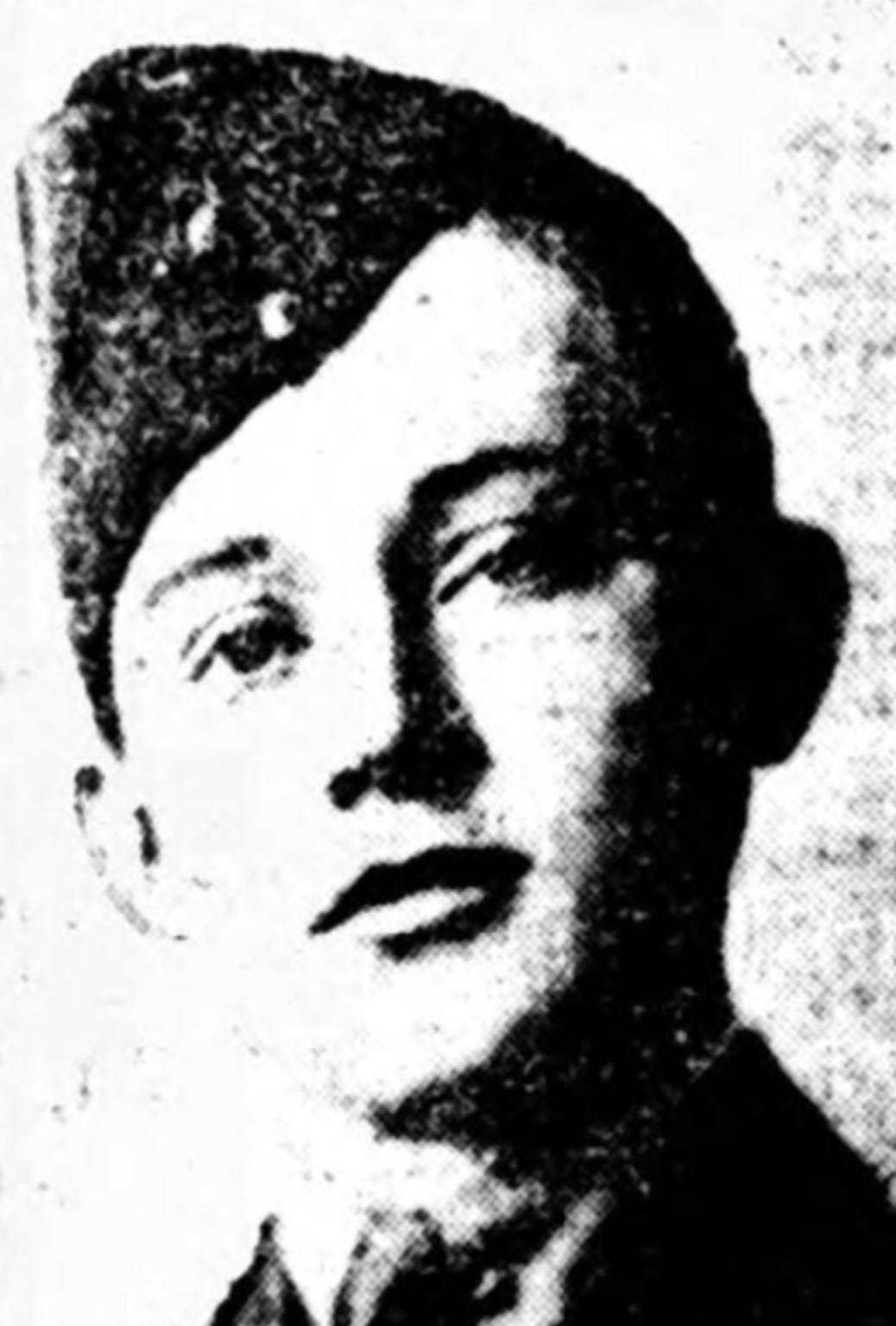My great-uncle Alfred Victor Blenkiron, or “Tony”, is acclaimed for his heroic exploits as a gunner and ace pilot in the first World War. But there was nothing marvellous about his life, nor the way it ended. After the war, he suffered a “nervous breakdown” and killed himself. He was just 23 years old.
Born in 1896, the third of four boys, all was not well from the beginning of his life. His parent’s marriage was on the rocks and plagued by his father’s cruelty and domestic violence, so that his mother, Ada, left his father, Duncan, very early on in his life. It is unclear what Ada did with the children between leaving Duncan and remarrying a city merchant, Sutherland Fraser Harris. Ada could be found in Regent Street in London on the 1901 census. But she had none of her four children with her and was working as an “actress”.
The 1901 census shows little Tony, 4 years old, in the care of Charlotte Charlton, a school principal, in Southampton. He is listed as a pupil, but he is the only one living with her. By 1905, Ada had reunited with her children and was living in Surrey with her new, wealthy husband. Despite being described as “happy”, it is unlikely that this separation at a very young age from his mother left Tony unscathed.
Certainly his biography reads like one of a troubled and restless soul, starting a dairy farm in Australia and selling it again for £40. Being arrested and charged with forgery. Joining armed forces first in Australia and then in the UK and then being quickly discharged both times as “unfit”, “constantly in trouble” and “unlikely to become an official soldier”. It is a long list of problematic behaviour. On one discharge sheet in 1915, it describes his character as “indifferent”. The medical officer said he suffered constantly from migraines and was on sick leave about a third of the time. He went absent without leave and neglected his equipment. His commanding officer said of him that “it is quite impossible to turn him into an efficient soldier”.
And yet this young man became an ace pilot and was later hailed as a hero for downing German planes and “remarkable exploits”, such as climbing down from his plane while in flight to release a bomb, or being struck by lightning and falling into the sea, swimming for hours and being battered by rocks before being rescued. He was ordained with the military cross for conspicuous gallantry in action, carrying on despite being wounded and gunning down an enemy plane.
One can call these acts “heroic”, or traumatic. Many of those pilots who survived the Great War had what we would nowadays call Post-Traumatic Stress Disorder (PTSD). High-altitude flying (frequently causing hypoxia), being constantly shot at while flying a plane, often doing evasive manoeuvres, never knowing if you would make it back alive, all contributed to psychological damage from which many never recovered. Tony was in and out of hospital all through 1918, but kept being sent back to fight. He relinquished service in February 1919 due to ill health.
After the war, Tony started to lose heavily at gambling and went bankrupt. He worked as a „professional dancer“ in a West End club where he met and married a young actress. The marriage did not go well. He developed a cocaine habit. He got arrested again for forging cheques and obtaining credit under false pretences while bankrupt.
He was found dead in a hotel, having committed suicide using prussic acid (hydrogen cyanide). This liquid form of cyanide was also used in WW1 as a chemical weapon, although it was abandoned as inefficient because it dispersed too quickly. In World War 2, however, it was used in Zyklon B in the gas chambers by the Nazis. When the war was about to end, the Nazis – such as Göring or Himmler – used it to kill themselves, rather than face trial.
This post takes up this week’s Storytellers Challenge “Military Marvel” by , due by June 3rd. Alfred Victor “Tony” Blenkiron deserves a longer and more detailed post, that I intend to write. This is just a short introduction to his life.





Wow! What a story… and what a tragic ending. I’m working on a family story right now that involves suicide using carbolic acid. It seems that some form acid was the method of choice for those that were despondent enough to end their lives back in the early 1900s. So glad you shared Tony’s story. It sounds like he deserved better.
Thanks for the summary here Xanthe. Poor 'Tony'. There are resonances for me here of his nephew/my father. I think I may have told you he was connected to RAF Kenley which I visit sometimes. A tragic waste of a young life regardless of the cause of his multiple troubles which, as you say, may nowadays be attributed at least partly to PTSD. I recall stories of grandad having 'shell shock' but that's another story....